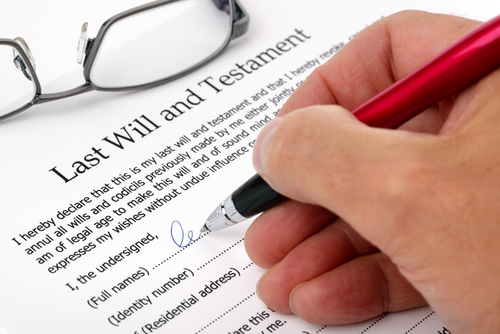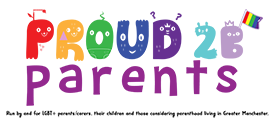When a person dies without leaving a valid will, their estate (which is your money, possessions and property) must be shared out according to certain rules. This established provision is known as the ‘rules of intestacy’. A person who dies without a valid Will is known to have died intestate. The people who can inherit under the rules of intestacy are married or civil partners and some other close relatives such as children and grandchildren. However, the order in which blood relatives have a claim to the estate of the deceased, are very strict and clear.
If a Will was made but it is not legally valid, the rules of intestacy will decide how the estate is shared out, rather than the wishes that were expressed in the Will.
Married or civil partners are able to inherit under the rules of intestacy only if they are actually married at the time of death. Therefore, if you are divorced or if your civil partnership has been dissolved, you cannot inherit under the rules of intestacy. However, partners who have separated informally can still inherit under the rules of intestacy. Cohabiting partners who were neither married or in a civil partnership cannot inherit under the rules of intestacy.
If there are any surviving children or grandchildren or even great grandchildren of the person who died and the estate is valued at more than £270,000, then the partner will inherit the following:
- All the personal property and belongings of the person who has died and;
- The first £270,000 of the estate and;
- Half of the remaining estate.
If there are no surviving children, grandchildren or great grandchildren, the partner of the deceased will inherit the following:
- All the personal property and belongings of the person who has died and the whole estate with interest from the date of death.

“This is why it is important to have a Will in place, especially if you go through a divorce or dissolution because; if it is not finalised, and you then die your estate would still go to your soon to be ex-partner. These circumstances can then result in new families, partners and children of the family unit, being left out.” – Jobeth Copping-Barrett, Solicitor & Head of the Private Client Department
In addition to the above, an estate without a Will is likely to also mean that there has been no estate planning. This can often result in inheritance tax bills which eat into the value of the estate, when certain provisions can be made to safeguard some of your assets.
Want peace of mind that your future is taken care of? Speak to a member of our trusted team today. Call: 01625 526 222 or use our form to request a call-back.
Our experienced Wills and probate solicitors are experts in their field and can also help you with:




